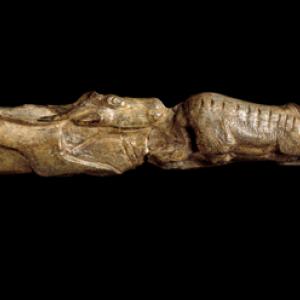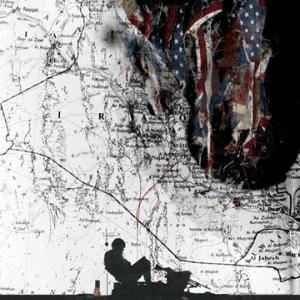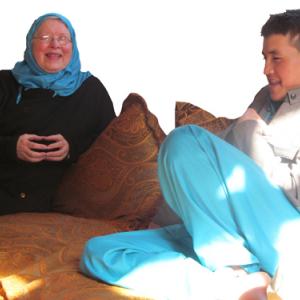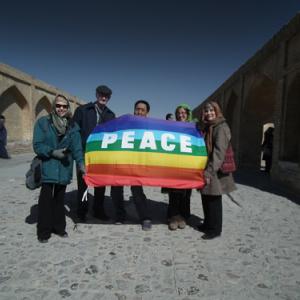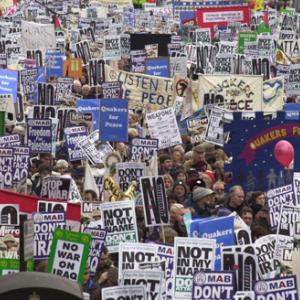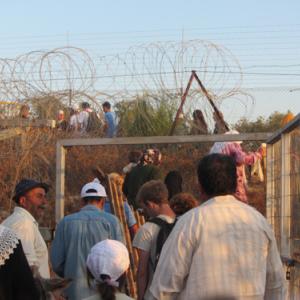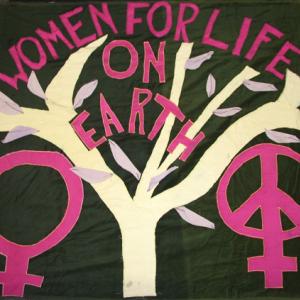Al Hadra, Sahrawi poet Photo: Emma Brown
Across the other side of Algeria from where the Amenas gas installation was hijacked by militia (armed from former Libyan leader Muammar Gaddafi’s liberated weapon stores), a very different Islamic resistance movement has been lodged for 35 years.
Largely unnoticed in Western consciousness, their culture draws on moderate Islam, Bedouin traditions and 1960s African socialism. One of their weapons of choice is poetry…



